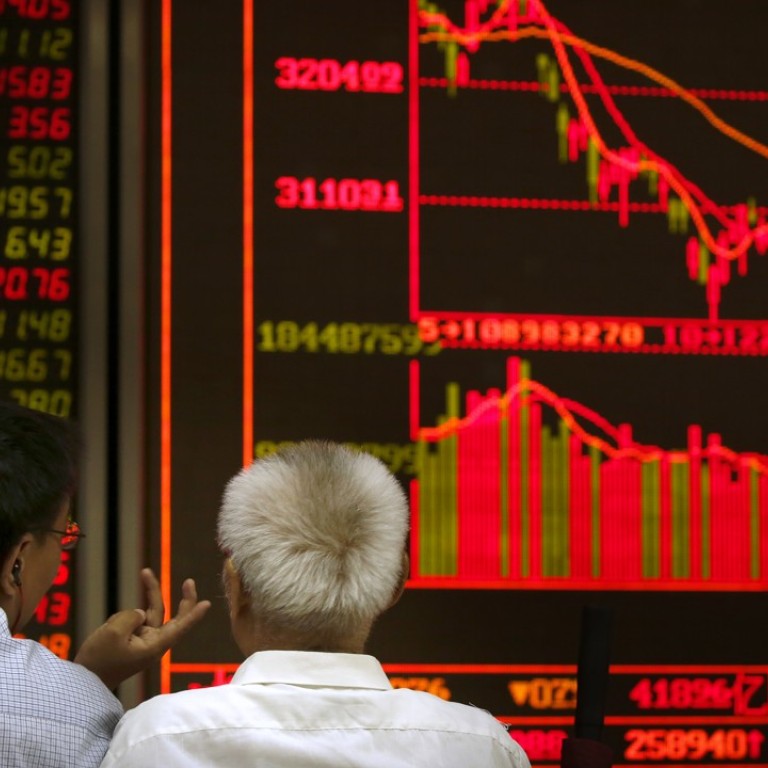
A-share reverse mergers look like being back on the cards for former US-listed Chinese firms
Anti-virus software maker Qihoo 360 Technology, given green light for a back-door listing in Shanghai, after agreeing a US$7.57b deal with lift maker SJEC
China’s securities regulator looks like lifting its ban on so-called back-door listings made by former US listed Chinese firms – 17 months after it slammed the door on all requests to chase higher valuations, and return to the domestic market.
Anti-virus software maker Qihoo 360 Technology, has been given the green light for a back-door listing in Shanghai, after agreeing a 50 billion yuan (US$7.57 billion) deal with lift maker SJEC Corp, according to a filing by the latter made to Shanghai Stock Exchange on Friday.
China’s top securities regulator, the China Securities Regulatory Commission (CSRC), voiced its support for the deal.
“The CSRC will support good Chinese companies returning to the domestic market, for mergers and restructurings,” said Gao Li, CSRC’s spokesperson said in Beijing.
The CSRC will support good Chinese companies returning to the domestic market, for mergers and restructurings
A rash of former US-listed companies previously applied to be re-listed at home via back-door listings, also known as reverse mergers, where they take control of already-listed shell companies.
There was no ban on domestic private firms seeking back-door listings, such as S.F.Express’s listing on the Shenzhen Stock Exchange, approved in December and pushed through rapidly with government support.
The Qihoo case marks the first US reverse takeover supported by the CSRC since a year past May, and could kindle the hopes of many US-listed Chinese companies eyeing a comeback to the A-share market.
Buying a shell company is much faster than filing a brand new initial public offering request.
Shaun Rein, managing director of China Market Research, said the authorities appear to have U-turned as the equity markets have stabilised, and they are keener to attract good companies to help boost what has become “somewhat sluggish” trading.
The previous halt in May 2016 was put in place after the regulator noticed the re-listings by former US listed Chinese companies were pushing up prices of practically worthless shell companies to unrealistic levels, on the Shanghai or Shenzhen bourses, and it said it was looking closely at the impact on the secondary market. Not a single reverse takeover by a former US-listed firm has been approved since.
US-listed mainland companies had been flocking to re-list on the A-share market since early 2015, when the domestic market started a Bull Run, just as valuations started slumping in the US.
The regulators strengthened their resolve further after a stock rout in the summer of 2016 wiped trillions off market values in just days.
A reverse takeover or back-door listing means a shell company can buy a bigger, privately held company through an A-share exchange, that gives the private company’s shareholders control of the merged entity.
SJEC said in a stock exchange statement on Friday it would acquire Qihoo 360 through an asset swap and share issue which would allow the software firm’s back-door A-share listing.
Qihoo 360 was listed in the US in 2011 until its privatisation last year by a consortium led by its chief executive and founder, Zhou Hongyi, for US$9.3 billion.
After the deal with SJEC, Zhou will become the listed company’s controlling shareholder with 12.14 per cent of its shares, and an additional 51.56 per cent, held through two other shareholding firms he indirectly controls.

